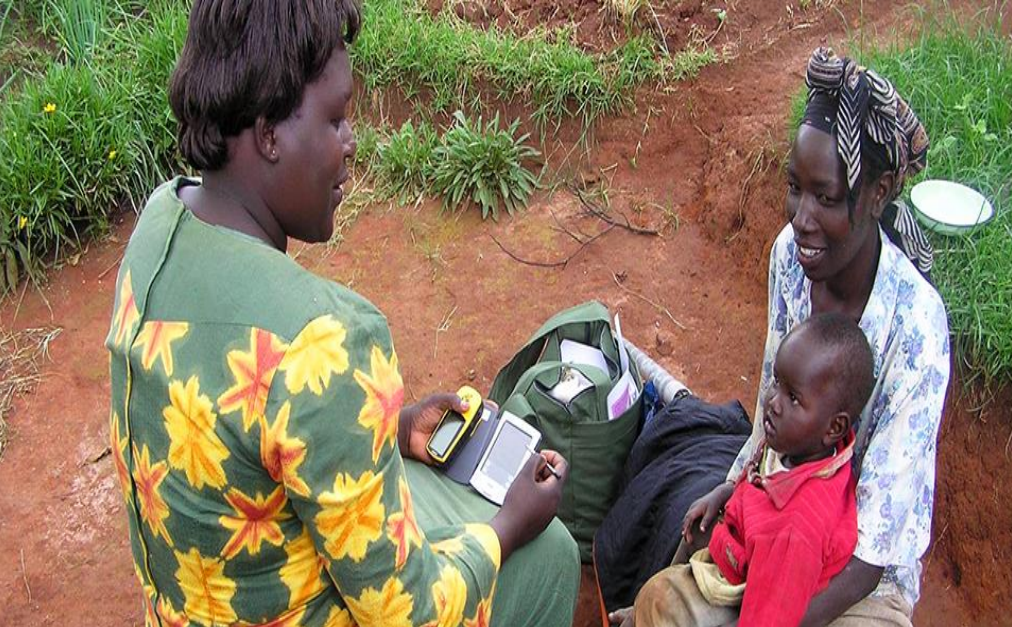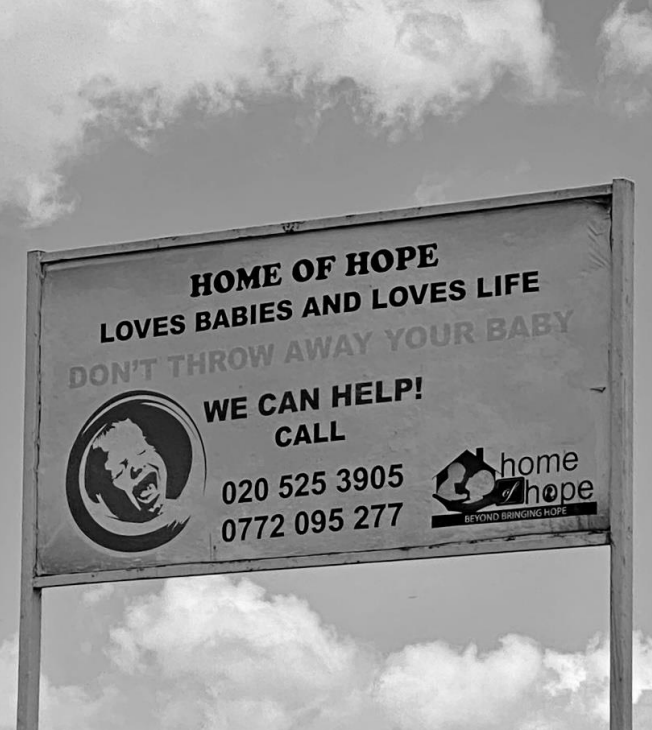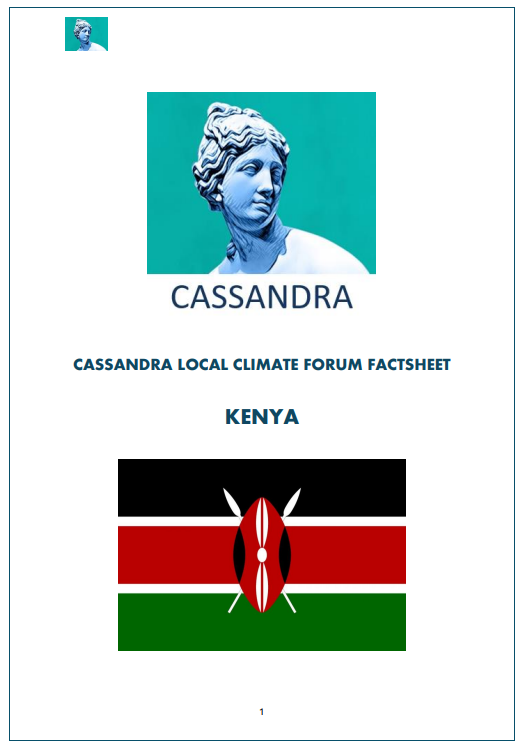Dr Richard Elelman
HEAD OF POLITICS, EURECAT
The CASSANDRA Programme, https://cdn.eurecat.org/PDF/Cassandra2023/Cassandra_conclusions.pdf is now being implemented.
In order to keep all interested organisations and individuals informed we are producing a number of online communications. The following FACTSHEET will describe the challenges of Kenya. The intention is to give a brief overview of the country in question and the locations of the Local Climate Forums.
In this factsheet we highlight the sickening aspect of sextortion. However, as we stress in the text, it is important to understand that sextortion is not exclusively a Kenyan nor an African problem. Such brutal behaviour is taking place around the globe and must be addressed as a global issue and one that is being worsened directly because of climate change. CASSANDRA will disseminate a specific paper on this issue in the coming months.
The result of the discussions of the first two editions of the CASSANDRA Conference, the programme is the identification, development and nurturing of at least 300 local community organisations over a four-year period which address four key socio-political consequences of climate change: public health issues, gender inequality, migration, and the exacerbation of the effects of armed conflict. CASSANDRA is not an organisation, nor a project consortium. Any interested party is invited to become involved.
There are, for the period up to November 2025, 20 Pilot Local Climate Forums in Somalia (3), Kenya (3), Sudan (2), Palestine (1), Nigeria (3), the Democratic Republic of Congo (1), Uganda (2), South Africa (1), Libya (1) and the Euro-Mediterranean region (3).
Health
Sextortion
Migration
Conflict
CASSANDRA chooses to work in highly challenging scenarios, to demonstrate:
1) The importance of local people initiating and implementing community actions if supranational ambitions are to be translated into tangible results.
2) That scientists and technologists have a socio-political responsibility to communicate clearly with, and support, communities facing climate change issues, serving as Science Embassies when required by the community. A network of Science Embassies will be established to promote knowledge exchange.
3) A clear capacity to establish a direct link between supranational, international and national entities and local people willing to fight for their homes, their environment, and their future through effective dissemination of the local community actions’ success and failures and the enabling of fac-to-face dialogue between the different political and social actors.
4) The fact that the socio-political effects of climate change can no longer be ignored, nor treated individually but rather as a complex interrelationship.
5) The development of an effective and accessible means of measuring the progress of actions undertaken at the local community level.
On January the 23rd 2025, the first online webinar will permit those who are interested to interact directly with the leaders of all the Local Climate Forums that have been established, to gain a far more profound insight regarding the challenges which their local communities face. Further details and instructions on how to register for the webinar will be provided at the beginning of December.






